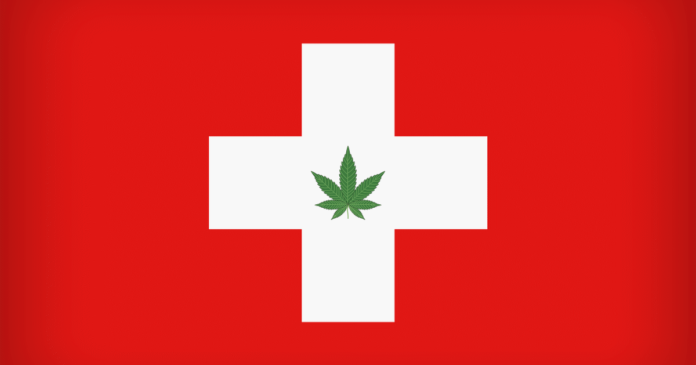Switzerland’s Federal Council has decided to cut some of the red tape surrounding medical cannabis access in that country.
Up to this point in Switzerland, cannabis medicines containing more than one per cent tetrahydrocannabinol are generally banned and prescription approval needs to be provided by the Federal Office of Public Health (FOPH).
Demand for these approvals has jumped in recent years and this isn’t good for anyone; regulators or patients. Last year the Federal Council tabled an amendment to remove the general ban on cannabis for medical purposes, and that was passed in March 2021. But then the finer points needed to be nutted out.
A Federal Council meeting this week decided that from August 1, 2022 FOPH approval will no longer required. While a prescription will be needed, the decision as to whether a medicinal cannabis product should be used therapeutically will be left solely to the treating doctor and patient.
“In particular, people who suffer from severe chronic pain and spasticity can benefit from the new regulation,” said the Swiss Government (translated).
With regard to reimbursement for medical cannabis products through compulsory health insurance, this isn’t generally covered and it doesn’t appear it will be for the foreseeable future.
“.. the available evidence on the effectiveness and usefulness of cannabis medicinal products is currently insufficient for general reimbursement,” says the statement.
The situation with hemp in Switzerland is very different. Cannabis products can be easily acquired if they contain less than one per cent THC and Swiss citizens can grow hemp privately provided the THC content of the cannabis strain is under the threshold. Hemp products can be high in CBD (cannabidiol), which has potential therapeutic benefits. This means depending on the condition a prescription for cannabis may not be required at all. However, commercial CBD products still need to comply with a range of regulations.
Among other significant reforms in its approach to cannabis in recent years, from early 2021 hemp was no longer subject to Switzerland’s agricultural seed legislation; giving farmers a wider choice of strains. This, combined with the 1% THC limit that is significantly higher than some other European countries, gives local growers an edge.


